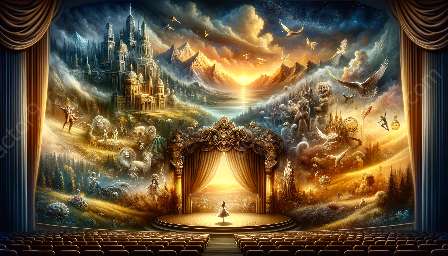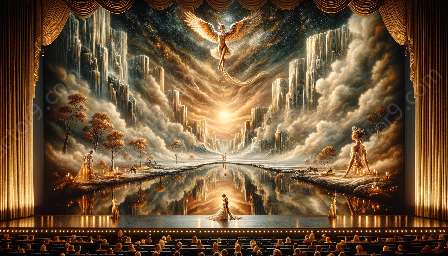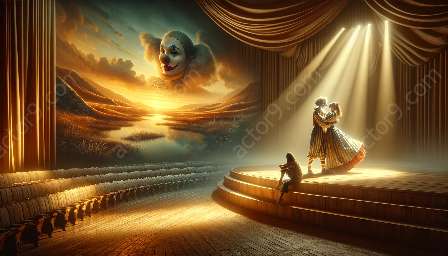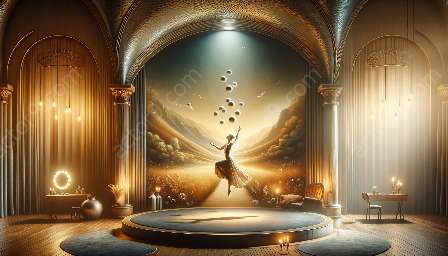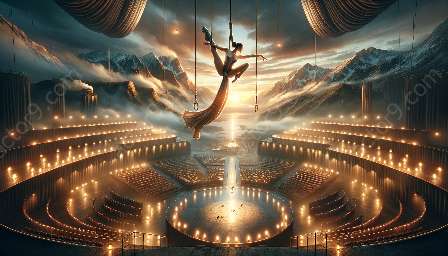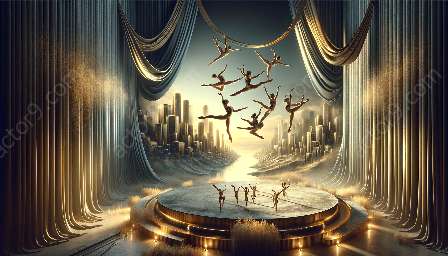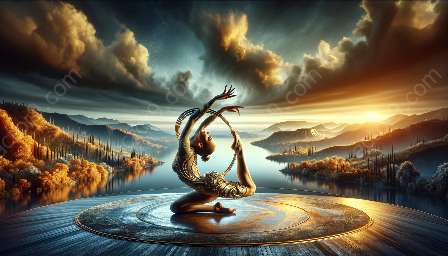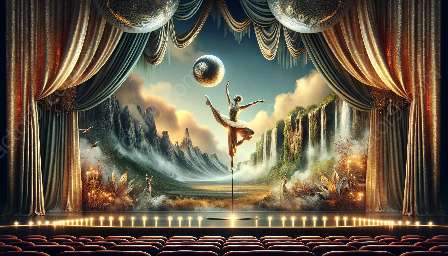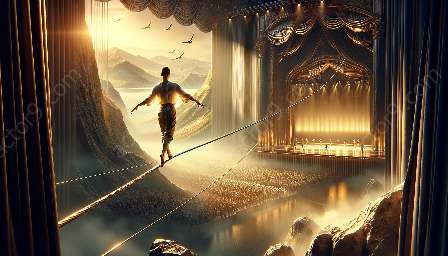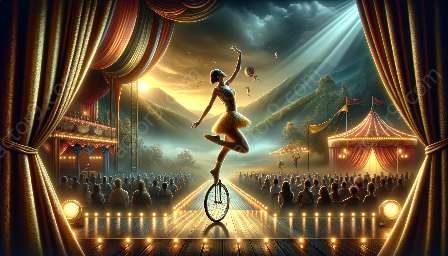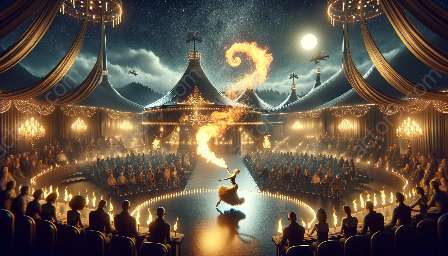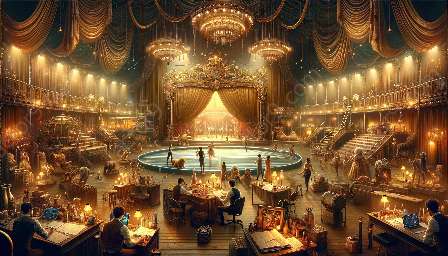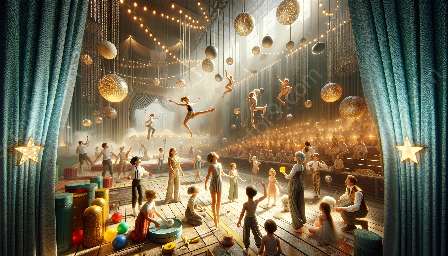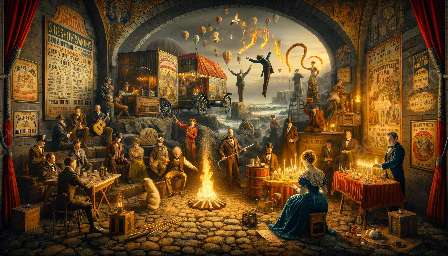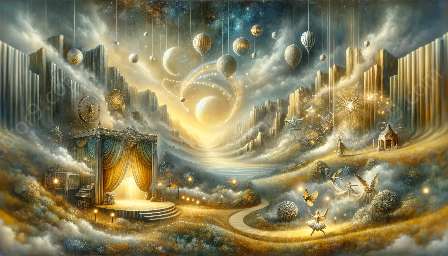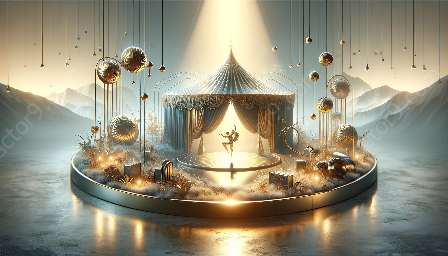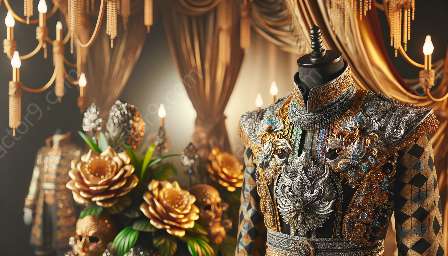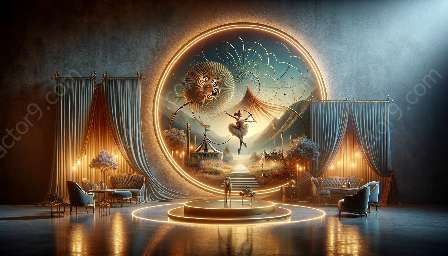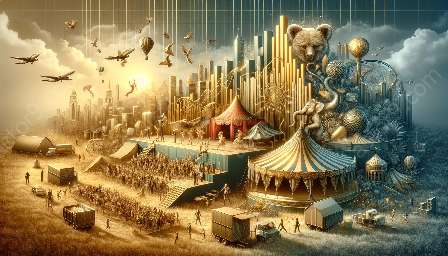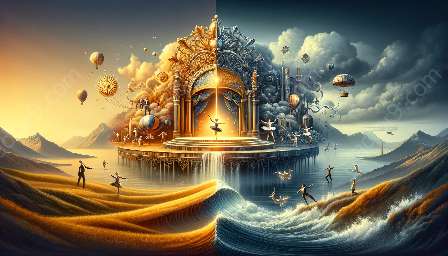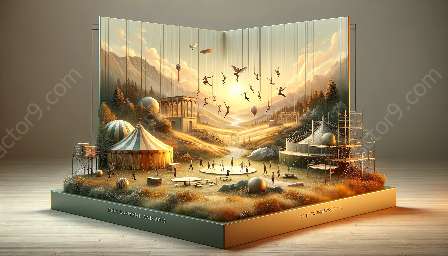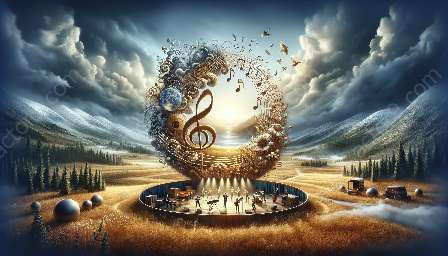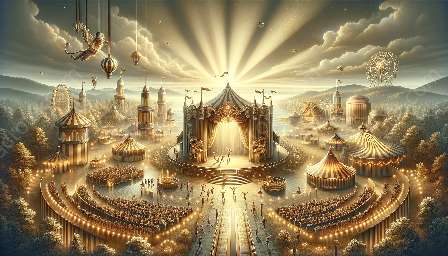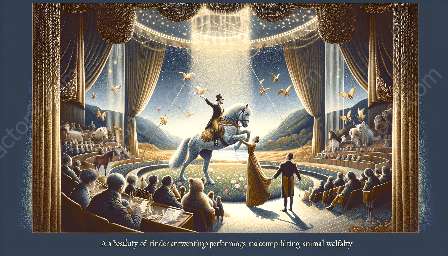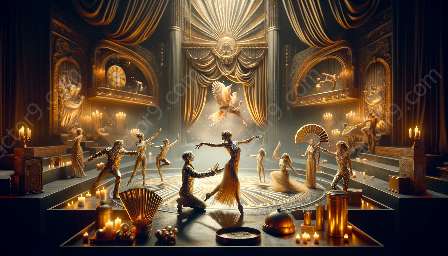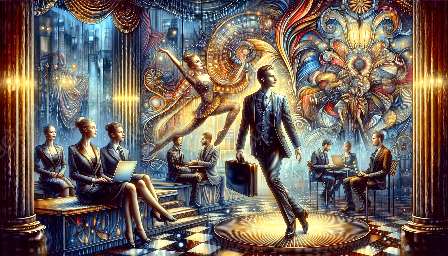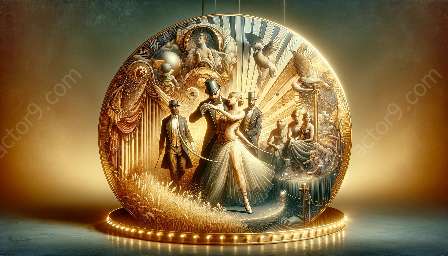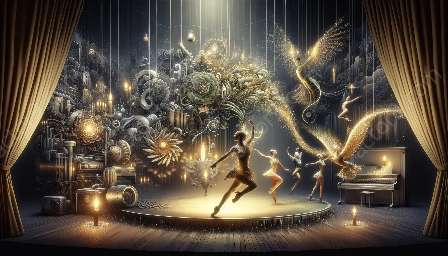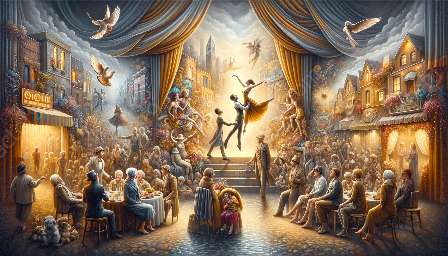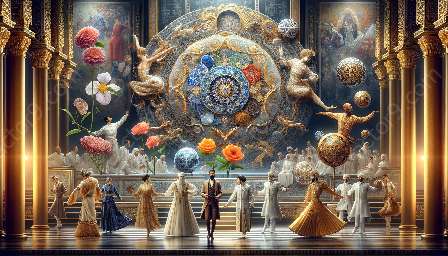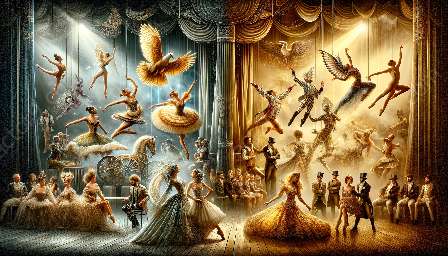The circus has long been a platform for cultural exchange, where diverse traditions and influences come together in a spectacular display of human talent and creativity. This article explores the intersection of cultural exchange and the circus arts, delving into how different cultures have influenced and been influenced by circus performances.
The Roots of Circus Arts
Circus arts have been a part of human culture for centuries, with roots in various ancient forms of entertainment such as acrobatics, juggling, and clowning. Different cultures have contributed to the evolution of circus arts, and these art forms have often served as a mirror reflecting the diversity of human society.
Cultural Influence in Circus Arts
The influence of different cultures on circus arts is evident in the diverse range of acts and performances showcased in modern circus shows. For example, Chinese acrobatics, a traditional art form that dates back thousands of years, has found its way into the global circus scene, captivating audiences with its breathtaking displays of balance, agility, and grace.
Similarly, the vibrant and colorful traditions of India have left their mark on circus arts, with performances featuring elements of traditional Indian dance and music, adding a rich tapestry of cultural expression to the global circus stage.
The Global Circus Community
Circus arts have played a significant role in fostering cultural exchange on a global scale. Circuses have historically been magnets for performers from diverse backgrounds, creating a melting pot of talents and skills from around the world. This convergence of cultural influences has led to the creation of new and innovative acts that blend traditions and techniques from different regions, enriching the global circus community.
Circus Arts as a Cultural Ambassador
Through their performances, circus artists serve as cultural ambassadors, sharing their traditions and heritage with audiences across the globe. By showcasing the diversity of human expression, circus arts promote understanding and appreciation of different cultures, fostering mutual respect and admiration.
Fostering Understanding and Appreciation
By bringing together performers and audiences from diverse cultural backgrounds, circus arts provide a platform for dialogue and exchange, breaking down barriers and fostering understanding. The shared experience of witnessing awe-inspiring performances transcends language and cultural differences, creating a sense of unity and common humanity.
Preserving Cultural Traditions
The circus serves as a platform for the preservation and revitalization of traditional arts and cultural practices. Many circus acts are rooted in ancient traditions that might have faded into obscurity if not for the circus providing a stage for their continuation.
Overall, circus arts play a crucial role in celebrating and preserving cultural heritage, while also evolving and adapting to incorporate new influences and expressions, ensuring their continued relevance in the modern world.

